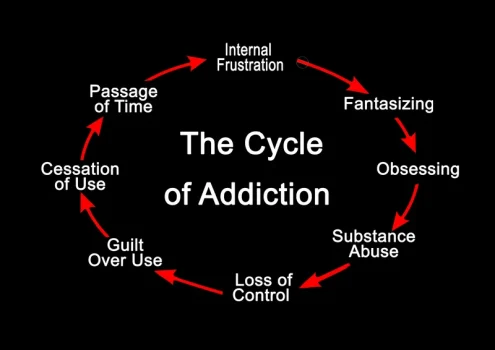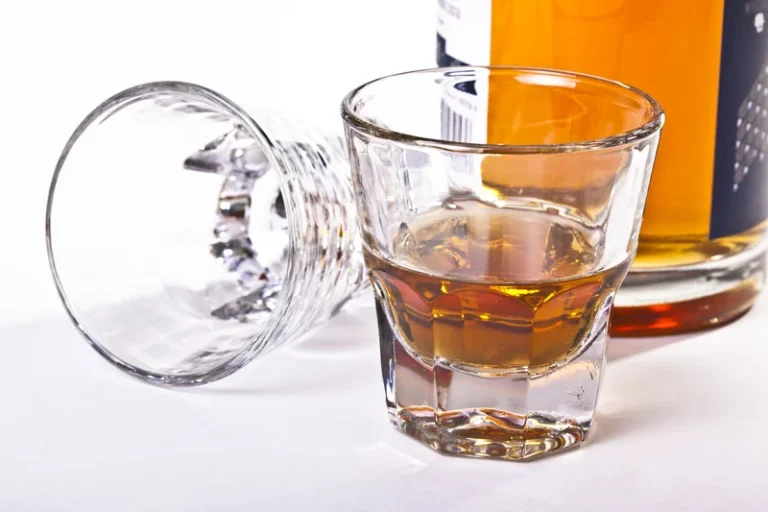
It slows down brain function and changes the way your nerves send messages back and forth. If you don’t already have a supportive network, you can make new connections by joining social media communities dedicated to alcohol-free living. It can be helpful to write down your reasons for quitting and the difficulty of withdrawal while it is fresh in your mind.
Prevention of further drinking
“Depression is gone, anxiety gone, and all else gone. Didn’t sleep great last night, but tonight will be good.” Some are finally able to get some sleep at day five, whereas others still have problems sleeping. “Feeling a bit better. Luckily, my biggest withdrawals are insomnia and very itchy skin all over (face, arms, legs, back.) One concern I have is my swollen abdomen.”
Learn the symptoms and timeline of alcohol withdrawal and when to reach out for help.
- The recovery can’t move forward until a person has reduced their physical dependence and overcome the alcohol withdrawal symptoms.
- Certainly, withdrawal symptoms and the extent thereof will vary from one person to the next.
- Day six of no alcohol consumption usually brings some relief for the most severe withdrawal symptoms, but some nagging symptoms can persist.
Most people with mild to moderate alcohol withdrawal don’t need treatment in a hospital. But severe or complicated alcohol withdrawal can result in lengthy hospital stays and even time in the intensive care unit (ICU). Severe and complicated alcohol withdrawal requires treatment in a hospital — sometimes in the ICU. While receiving treatment, healthcare providers will want to monitor you continuously to make sure you don’t develop life-threatening complications. Healthcare providers typically prescribe short-term medications to relieve the symptoms of mild to moderate alcohol withdrawal.
Treatment Strategies for the Addiction Cycle
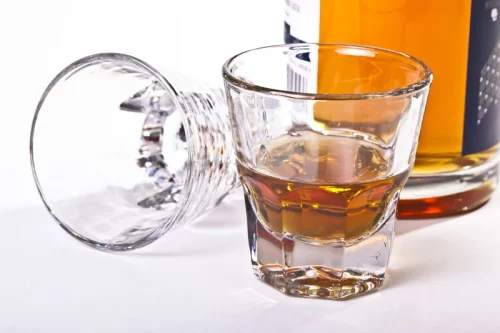
And withdrawal is a significant sign of cannabis (marijuana) use disorder (CUD). Because of this, it’s important to seek professional help to prevent relapse and prevent or treat CUD. In an analysis of studies of more than 23,000 people, researchers found that 47% of people who used marijuana regularly experienced withdrawal symptoms.
- Going into the second day of abstinence from alcohol, people typically report a wide variety of experiences.
- Plus, over time you will begin to experience the many benefits of sobriety.
- Eleven of the most severe and potentially concerning symptoms of withdrawal that one may experience after discontinuing drugs or alcohol include the following.
- Integrating the power of nature and evidence-based care to treat addiction and co-occurring disorders with detox, residential, and outpatient care.
Cravings, Stomachache, and Anxiety
Delirium tremens may also result in further medical complications such as cardiac arrhythmia, respiratory arrest, oversedation, or aspiration pneumonitis. These conditions all have the potential to be fatal—or to cause serious infections. Alcohol Change UK says, women who drink between 14 and 35 units of alcohol per week, have a 15% chance of developing breast cancer, compared to an 11% chance for those who don’t drink. It says men who drink up to 14 units of alcohol per week have a less than 1% chance of developing colorectal cancer, but an 11% chance if they drink more than 35 units per week. This timeline is a broad estimate of what will happen and when after a dependent drinker has their last alcoholic drink.
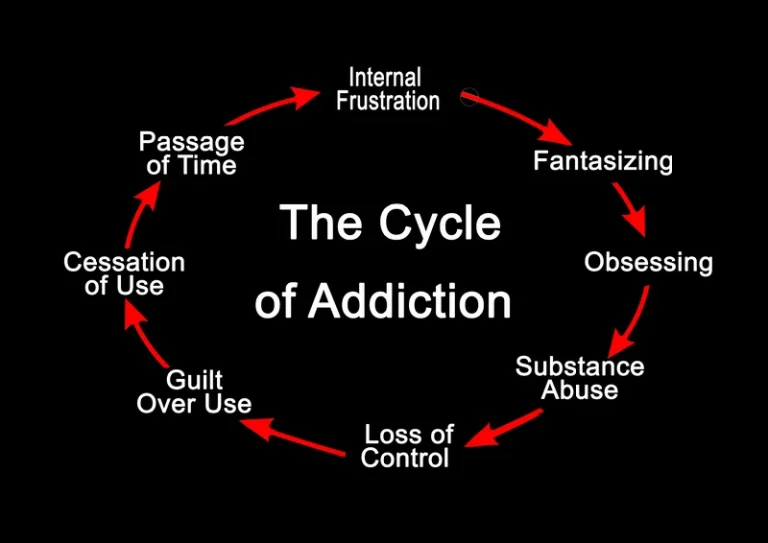
Insurance May Cover The Cost of Alcohol Addiction Treatment
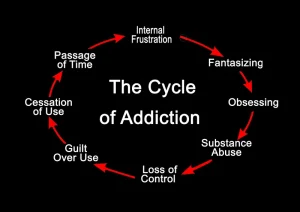
People experiencing mild to moderate alcohol withdrawal symptoms often receive outpatient care—meaning there is no extended time spent in a hospital or facility. It’s recommended, however, that they have someone stay with them who can help during recovery. DTs is the most dangerous stage of alcohol withdrawal, and it can be life-threatening. Usually, other more mild sypmtoms precede DTs, which is why seeking treatment early is important. After two to three days, if a person experiences no or minimal withdrawal symptoms, they are considered alcohol withdrawal to have a low risk for DTs.
